The most popular Netflix show in the platform’s history is perhaps an unexpected hit. Why do people so enjoy watching others get brutally murdered simply for losing at children’s games? According to Edward Castronova, it’s because we see ourselves in the players. Life itself is a game, and these days it’s a rigged, zero-sum game: winner gets all, while the losers do nothing but suffer. Yet, while we sympathize with the players on screen, at the same time, in our own lives, we continue to play and perpetuate our own version of Squid Game. But even if life is a game, there are other ways of playing it.
Read Rebecca Roach’s counterpoint article, Life is not a squid game.
When the shooting starts, everyone gets hysterical. The players shriek when they realize what losing means, to be shot and burned. Rich sickos love to watch it, but so do we. Currently the top-rated show on Netflix, The Squid Game shows how much today’s people resemble Romans attending the gory entertainments of yore. The series trots out the old metaphor of life-as-game, and with no compromise with losing. Losing is not OK in-the-end, not an occasion for deeper awareness, not “actually winning” by some strange logic. Nope, it’s just losing. Make the wrong move, and you’re dead.
 SUGGESTED READING
Life is not a squid game
By Rebecca Roache
Why does this series resonate so much with audiences? Like most artifacts, it has an appeal in a time and place because it reflects the local reality all too well. I’ve been studying life-is-a-game metaphors for a few years and concluded that the human condition is not a metaphor for playing. Life actually is a game. In my book Life is a Game, I explain that mathematicians define a game as a set of players, a set of strategies, and a mapping from game outcomes back to the well-being of the players. Yes, that’s it, that’s what we are doing, that’s the human condition into which we were thrown and from which we cannot escape. The universe is not God’s joke, it’s his game. God (or Nature if you want it that way) is the Game Master of a role-playing-game big enough to occupy all time and space.
SUGGESTED READING
Life is not a squid game
By Rebecca Roache
Why does this series resonate so much with audiences? Like most artifacts, it has an appeal in a time and place because it reflects the local reality all too well. I’ve been studying life-is-a-game metaphors for a few years and concluded that the human condition is not a metaphor for playing. Life actually is a game. In my book Life is a Game, I explain that mathematicians define a game as a set of players, a set of strategies, and a mapping from game outcomes back to the well-being of the players. Yes, that’s it, that’s what we are doing, that’s the human condition into which we were thrown and from which we cannot escape. The universe is not God’s joke, it’s his game. God (or Nature if you want it that way) is the Game Master of a role-playing-game big enough to occupy all time and space.
I’ve been studying life-is-a-game metaphors for a few years and concluded that the human condition is not a metaphor for playing. Life actually is a game.
What is the game, though? It is a role-playing game, like Dungeons and Dragons. Each player takes on a role – an elven warrior, a hobbit thief, a dwarven priest. The Game Master gives them a setting: “You are in the nastiest tavern in a nasty port city. A well-dressed woman runs in, terrified, her dress torn. Gruff voices can be heard outside. The lady looks for somewhere to hide. What do you do?” From that point forward, the Game Master leaves things open, letting the players decide their pursuits and explain the consequences that follow. If they hide the lady, the Game Master reveals that the local boss now wants to kill them. If they don’t, he says “The noble lady is carried off into captivity, but on the way out she screams, ’100 pounds of gold to whoever saves me! 100 pounds!’” The Game Master enforces the rules of reality but lets the players take the consequences as they come. People love that. It’s empowering but constraining, risky but rewarding, free but dangerous.
Play is disruptive. When people play, they experience a different way of organizing themselves.












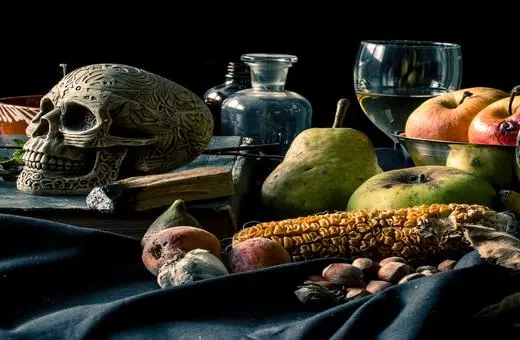
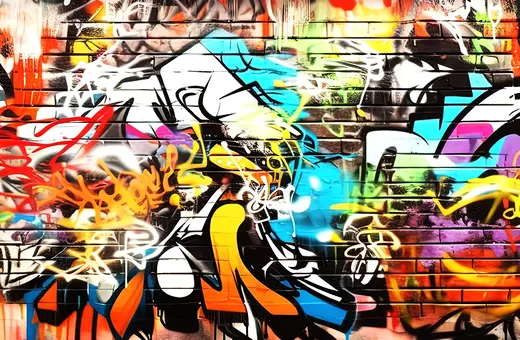

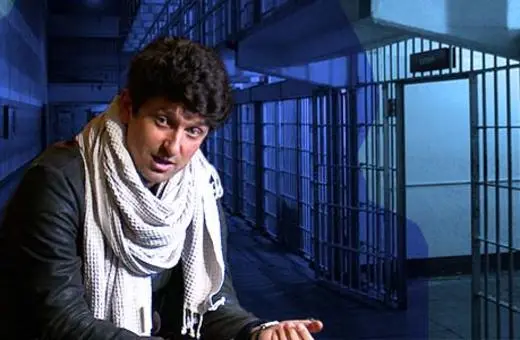
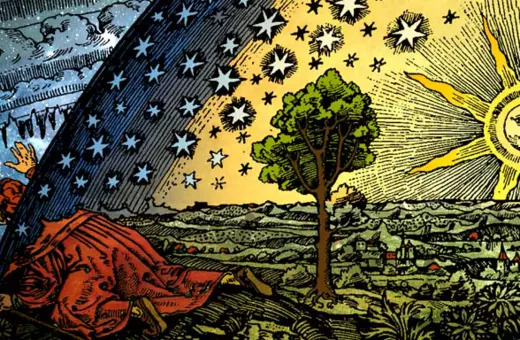
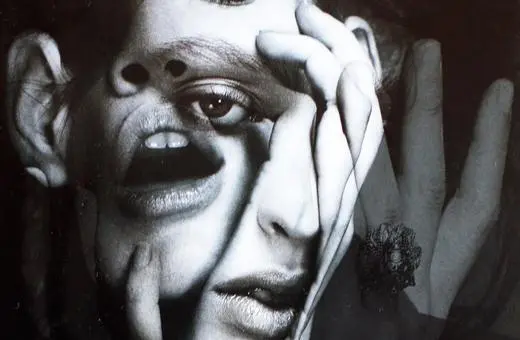



Join the conversation